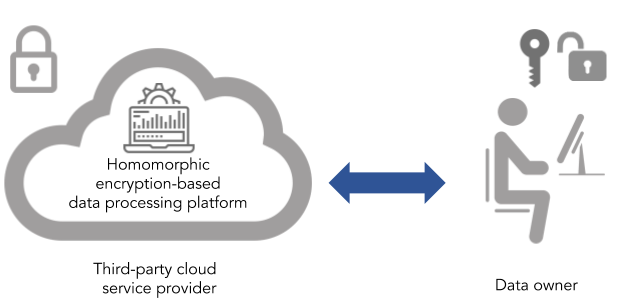Burp suite for android apps
For a long time now, I have been thinking of blogging on things I learn new. I feel now that nothing will happen if I simply dream of them. So here is the kick start
Burp is wonderful tool to intercept and analyse requests that go from web application to the server. It captures all the calls made by the web application first. You can tamper the payload, query params and every other aspect and send the modified request to the server. One can do injections too.
All said and done, lets now see how we can set up Burp for mobile applications. Here are the steps.
1. Install genymotion
https://wiki.appcelerator.org/display/guides2/Installing+Genymotion
2. Create account and login
3. Launch a simulator with OS lesser than Android 6
4. Once the simulator launches, click on "Open GAPPs" on the top right most corner. This will install the play store.
5. From Playstore, install chrome, EX file manager, and the app you want to test
6. Go to settings and choose the network you are connecting, Long press it and "Forget Network"
7. Choose a new and choose "Manual" proxy
8. Go to your laptop and open terminal and issue "ifconfig". Get your ip address
9. The same be provided as the proxy hostname in the simulator
10. Give the port as 8080
11. Now in the burp, open Proxy tab and go to "Options". Add Listeners. In the next pop up, choose "Bind to addresses"->"Specific Addresses" and in the drop down, choose your ip address. Mark the port as 8080
12. On the simulator, open chrome and hit "http://burp". On the website, click and download the CA certificate
13. Go to Ex file manager, open the downloads and rename the downloaded file as "certificate.cer" from "certificate.der"
14. Go to settings and click on Security
15. Install certificate and use this "certificate.cer". You can name the certificate as anything. (Eg: spotify.cer)
16. Open the app you want to scan and see in the burp suite -> Proxy -> Http history, the calls made by the app should be stored. Turn off the interceptor so all the calls are captured without intervention in the history. Intercept only calls that you like to.
Burp is wonderful tool to intercept and analyse requests that go from web application to the server. It captures all the calls made by the web application first. You can tamper the payload, query params and every other aspect and send the modified request to the server. One can do injections too.
All said and done, lets now see how we can set up Burp for mobile applications. Here are the steps.
1. Install genymotion
https://wiki.appcelerator.org/display/guides2/Installing+Genymotion
2. Create account and login
3. Launch a simulator with OS lesser than Android 6
4. Once the simulator launches, click on "Open GAPPs" on the top right most corner. This will install the play store.
5. From Playstore, install chrome, EX file manager, and the app you want to test
6. Go to settings and choose the network you are connecting, Long press it and "Forget Network"
7. Choose a new and choose "Manual" proxy
8. Go to your laptop and open terminal and issue "ifconfig". Get your ip address
9. The same be provided as the proxy hostname in the simulator
10. Give the port as 8080
11. Now in the burp, open Proxy tab and go to "Options". Add Listeners. In the next pop up, choose "Bind to addresses"->"Specific Addresses" and in the drop down, choose your ip address. Mark the port as 8080
12. On the simulator, open chrome and hit "http://burp". On the website, click and download the CA certificate
13. Go to Ex file manager, open the downloads and rename the downloaded file as "certificate.cer" from "certificate.der"
14. Go to settings and click on Security
15. Install certificate and use this "certificate.cer". You can name the certificate as anything. (Eg: spotify.cer)
16. Open the app you want to scan and see in the burp suite -> Proxy -> Http history, the calls made by the app should be stored. Turn off the interceptor so all the calls are captured without intervention in the history. Intercept only calls that you like to.








Comments
Post a Comment